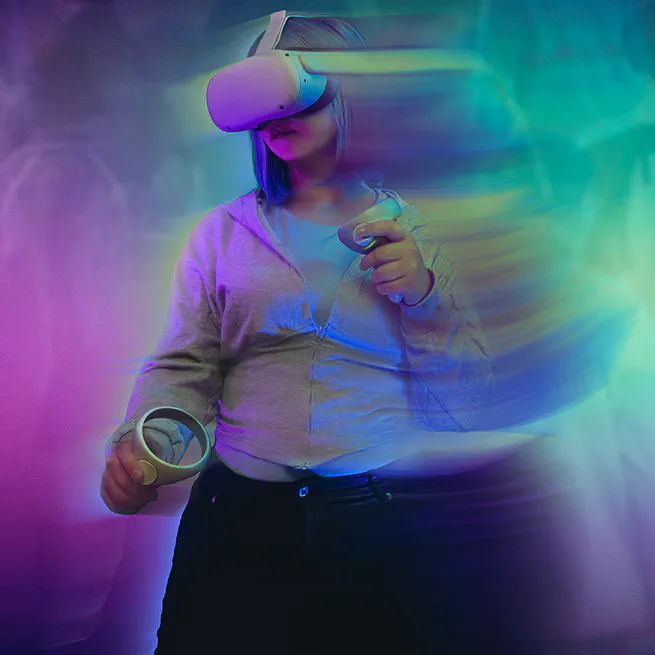
A new study utilizing AI-generated faces reveals that people consistently rate individuals perceived as overweight lower in attractiveness and competence, highlighting pervasive implicit weight bias. This research suggests that even AI models may reflect existing societal biases due to skewed training data, underscoring the need for diverse and realistic representations to accurately measure and address prejudice.
Jul 22, 2025

Virtual reality (VR) is increasingly recognized as a powerful tool to combat prejudice across diverse marginalized groups by allowing users to embody or interact with avatars of others. While VR offers unique opportunities to foster empathy and challenge biases, effectively designed experiences are crucial to avoid unintended negative outcomes and ensure lasting positive change.
Dec 16, 2024

A recent study demonstrates virtual reality's (VR) potential to reduce prejudice through intergroup contact, showing that cooperative VR interactions can positively shift explicit attitudes (in Finland) and reduce implicit biases (in Italy) toward minority groups. However, the study also highlights that the effectiveness of VR interventions depends heavily on fostering cooperation, as competitive scenarios had no impact on attitudes.
Dec 16, 2024